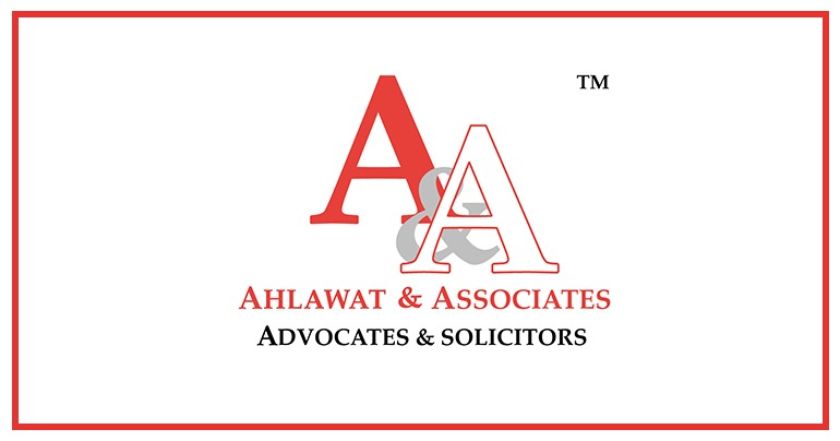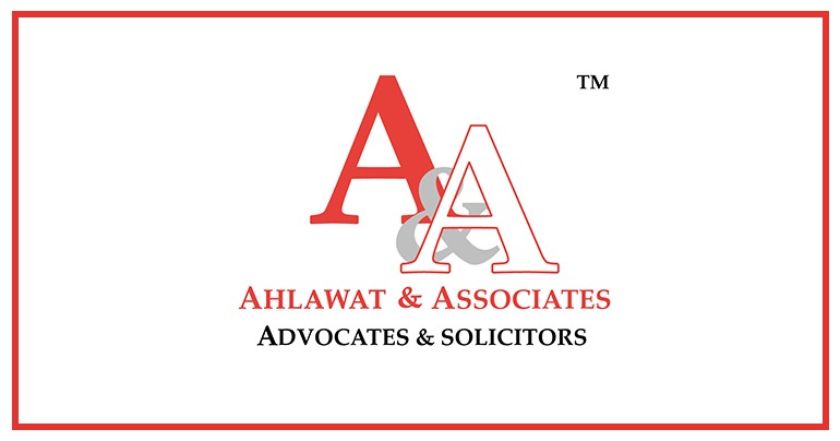
 A&A
A&A
 September 28, 2022
September 28, 2022
On September 11, 2022, the Department of Telecommunications (“DoT”) released the Indian Telecommunication Bill, 2022 (“Draft Bill”) in the public domain, inviting comments from stakeholders. The DoT, through the release of the Draft Bill, has aimed to achieve two objectives - (a) to override the existing outdated regulatory framework, formulated and governed under the Indian Telegraph Act, 1885; and (b) to encompass and govern the nuanced and rapid developments taking place in the telecommunication industry.
The DoT, through the Draft Bill has bestowed the Central Government with exclusive privileges including the power of granting ‘licenses for telecommunication services or telecommunication networks; registrations for establishing telecommunication infrastructure; authorization for the possession of wireless equipment; and assignment of spectrum’.
The DoT, specifically with reference to ‘spectrum’ (which has been defined to ‘mean the range of frequencies of radio waves’), has aimed to provide clarity with regards the statutory framework for spectrums, under the Draft Bill. Presently, spectrum assignment is done in line with active government policies and judicial decisions. However, as per the Draft Bill, the onus has now been placed on the Central Government to grant assignment(s) of spectrum through the procedure of auction. Further, the assignment of spectrum relating to government, transportation, defence, research, etc. shall be conducted through an administrative process encompassing ‘technology agnostic use; re- framing and re-purposing of frequency ranges; sharing trading, leasing and surrender of assigned spectrum and return of unused spectrum’.
Furthermore, in case of insolvency, the Draft Bill presents leniency towards licensees and assignees (as granted by the Central government) with the purpose of ensuring continued telecommunication services. The Draft Bill provides that in the event a licensee or assignee is undergoing insolvency proceedings, such assignee or licensee would be permitted to continue operations as long as they are providing telecommunication services; are not defaulting in payments/ dues towards the license or assignment; and are complying with all terms and conditions prescribed under the license or the assignment as granted. In case any licensee or assignee is unable to fulfill and comply with the aforesaid requirements, the spectrum (for which such license or assignment was granted) shall automatically revert to the control of the Central Government.
The Draft Bill has also bestowed powers on the Central Government to provide standards to regulated entities (from time to time) to ensure the ‘quality’ as well as the ‘reliability’ of telecommunication service; equipment; networks and infrastructure. The DoT, under its explanatory memorandum to the Draft Bill, has provided that the aforesaid framework would enable the government to address issues with regards public safety, public emergency and national security concerns.
The Government claims that the Draft Bill has thoroughly aimed to enable and encompass frameworks in line with futuristic developments and to provide a primary focus on efficient telecommunication service to public users, by simultaneously safeguarding issues that may arise with regards to national security concern, public emergency and security. The draft Bill has been published in the public domain inviting comments from the relevant stakeholders until October 31, 2022.

The Ministry of Electronics and Information Technology have notified three Grievance Appellate Committees under the Information
View More
The state of Chhattisgarh has notified the Chhattisgarh Gambling (Prohibition) Act, 2022, replacing the erstwhile statute -
View More
The draft Digital Personal Data Protection Bill, 2022 (“DPDP Bill”) was published for inviting comments from the public and stakeholders
View More















 Cookies Consent
Cookies ConsentWe use cookies to help you navigate efficiently and perform certain functions. You will find detailed information about all cookies under each consent category below. Read more...
 Cookies Consent
Cookies ConsentWe use cookies to help you navigate efficiently and perform certain functions. You will find detailed information about all cookies under each consent category below. Read more...

